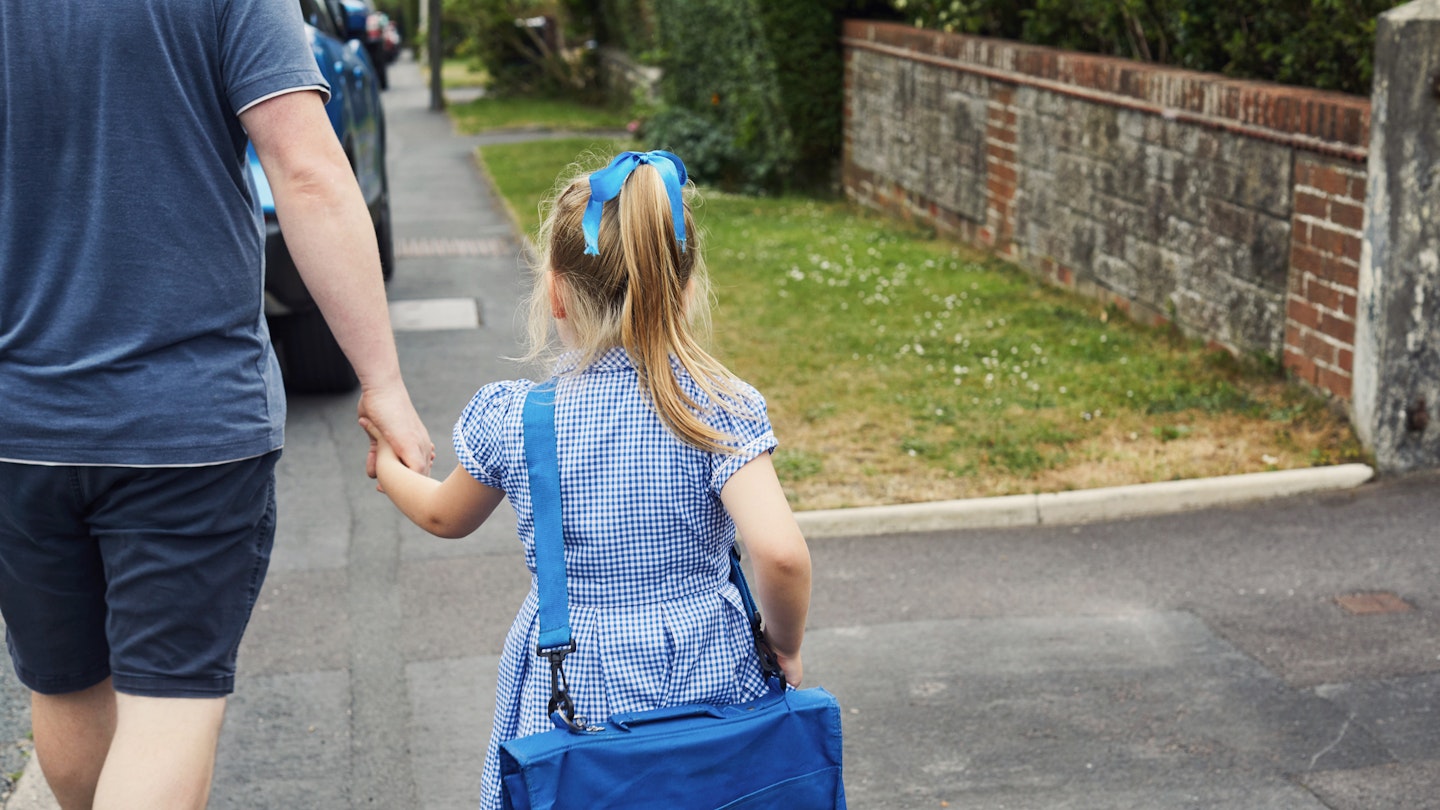Next week, children from across the UK will begin to return to the classroom following the summer holidays. For some children, it will be a time of excitement, but for others uncertainty of what the new school year has in store and the change of routine can induce anxiety.
Young children can be nervous about leaving their parents, especially when starting a new school. Older children may feel anxious about starting a new academic year, or making new friends.
Back-to-school anxiety is normal and understandable. Parents have an important role to play in empowering their children to speak about the emotions they are feeling, and to develop strategies with their child to address any nerves.
Encourage open and honest communication
Communication is key to helping the entire family adjust to the change. Encouraging and normalising open communication can be a great first step to helping children voice concerns and build confidence and resilience ahead of their return to the classroom.
Acknowledge how your child is feeling if they are worried about going back to school and encourage them to talk openly about what is worrying them, so that together you can work through how to meet these challenges.
Children will often take their lead from a parent. Be optimistic about the year ahead by telling them about positive memories you have from your school times, be available when they come to you and answer any questions they have to help them work out what to expect. A positive approach helps children face the future with optimism, not fear.
Encourage your child to talk about what they are looking forward to about going to school. Show that you are listening and be open to giving an open and honest response. Have these types of conversations in a casual or informal setting - on a walk or in the car - to make them feel less daunting.
Help build positive relationships
Encourage positive relationships and pro-social skills to ensure kids feel confident and comfortable socially.
Organising playdates before school starts can be a great way to build friendships. You can also role-play difficult situations so that kids feel armed with problem-solving skills if challenges arise.
Remember, children copy their parent’s behaviour, so practising kindness and empathy as traits of a healthy friendship will help your child develop their social skills while at school this year. A good balance between school and social time will also help kids exercise these skills and set them up for success.
Plan new routines in advance
The shift back-to-school means earlier wake-up times and longer, busier days for the entire family. Plan for this by getting everyone into a routine in advance, including adjusting kids’ bedtime routines during the week before school goes back.
Save time and stress in the morning by prepping lunches or snacks the night before and leave time to unwind in the first few weeks back – don’t overcommit to activities.
Involving kids in making decisions about their new routine can help them feel less stressed and improve their coping skills. For example, something as simple as letting them pick their lunches for the week will give them a sense of ownership and enthusiasm. Creating this sense of stability and routine can ensure there is less for your child to worry about.
Parents are hugely influential in helping children to reach their potential. For those parents, looking for more ideas and strategies, accessing an evidence-based parenting programme can provide practical guidance and tools to help their children manage anxiety and gain confidence, giving them the best chance of them enjoying their first day at school and beyond.
Matt Buttery is CEO of Triple P UK and Honorary Associate Professor at the University of Warwick
